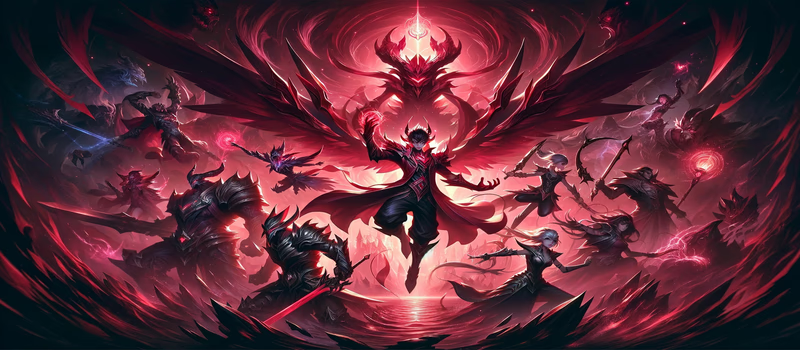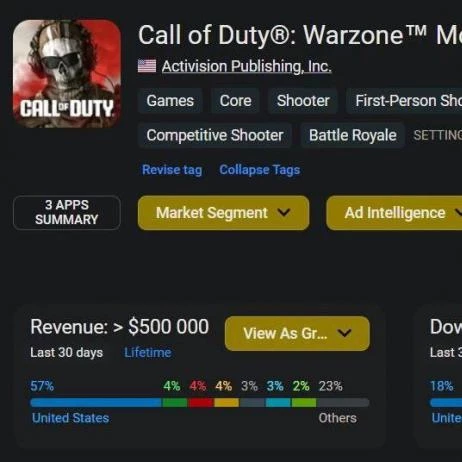Twitch introduces new advertising rules: What does this mean for streamers and eSports tournaments?
On June 6, Twitch, a popular streaming platform, made changes to its ad placement policy. The new rules, which will take effect on July 1, have caused a lot of discontent among content creators. Some of them are even threatening to leave the platform unless Amazon, the owner of the service, reconsiders its decision. Will Twitch enter into a dialogue with disgruntled streamers? And what are the consequences if the company remains intransigent?
The essence of the changes is the following: since July 1, streamers will have to follow the strict rules regarding the promotion of advertised products and brands during broadcasts. Here are the main points of the new policy:
Allowed:
Placing branded banners on the channel page;
Displaying advertised products in the background of the broadcast;
Mentioning the sponsor in chat and broadcast descriptions, including the use of chatbots;
Reviews and positive feedback on the advertised products;
Broadcasts of games from sponsors.
Prohibited:
Placing a sponsor’s banner on a broadcast if it takes up more than 3% of the screen;
Showing pre-recorded promotional videos from a sponsor;
Playing pre-recorded audio commercials.
Streamers are also required to tag promotional content, informing viewers of their compensation for showing it. However, if a streamer wears branded clothing or drinks a drink from a branded can, and is not paid for it, it is not considered advertising. But if a certain product becomes the main topic of discussion during a broadcast, moderators may consider it a product promotion.
In addition, Twitch has limited the list of products and services that streamers can advertise. Since July 1, they are forbidden to promote politicians, products with cannabis content, alcohol, weapons, adult products, tobacco, medical devices and some financial services, such as instant wealth schemes, initial cryptocurrency offerings (ICO), fast loans and other.
The reaction of streamers to the innovations was expectedly negative. After all, any restrictions related to the possibility of making money are perceived extremely unfavorably. One of the first to express his dissatisfaction expressed Asmongold, the owner of the channel on Twitch with 3.4 million subscribers.
Thus, Twitch is entering a new era of its development, which can be both successful and cause a mass exodus of streamers. In any case, it will be very interesting to follow the developments.
Twitch vs. Streamers: New Rules, Revolt and Perspectives
Streamers have revolted against new Twitch rules that could limit their earning power. Among the disgruntled are celebrities such as Asmongold, with 3.4 million subscribers on his channel. Even those who rarely use the platform, such as famed YouTube blogger Jimmy “MrBeast” Donaldson, have joined the protest.
The new rules will particularly affect operators of eSports tournaments and the studios that cover those events. They often show commercials from sponsors during halftime, which could now become a problem. So far, representatives from these organizations have not commented on the situation, but their legal teams are probably already reviewing Twitch’s new documents.
Twitch, as a streaming platform, makes its money from in-app advertising and other forms of monetization, such as bits and subscriptions. The new rules appear to be aimed at increasing the platform’s revenue by reducing direct interaction between streamers and advertisers.
Despite streamers’ threats to move to other platforms, Twitch remains the largest streaming Portal in the world. Experience shows that even after major streamers such as Ninja and shroud leave, they will not be able to achieve the same reach as on Twitch.
In response to community outrage, Twitch management promises to “correct some inaccuracies and descriptions” in the new rules. However, if the changes don’t happen, most streamers are unlikely to feel a significant loss. Perhaps their revenue from in-app advertising will even increase, as advertisers will be forced to work directly with Twitch. However, for cybersports broadcasts, the new rules could be a serious problem.












 1030
1030